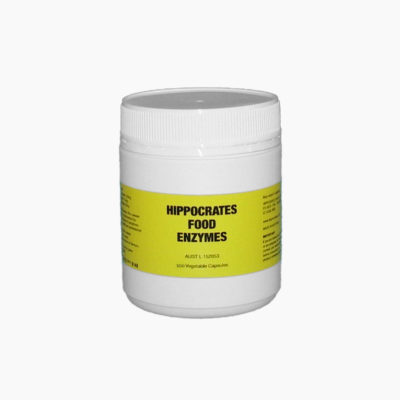
Synthetic Cannabis Can Kill You
A new study of global drug use suggests legal, synthetic forms of cannabis could be far riskier than their natural counterpart.
The 2014 Global Drug Survey (GDS) shows that using synthetic weed is thirty times more likely to land you in the emergency room compared to regular marijuana.
The world’s largest drug survey found roughly 0.2% of marijuana users in the United States sought emergency medical treatment last year. For synthetic cannabis, the rate was estimated to be 6%.
“Synthetic cannabis products, which remained the most commonly used novel psychoactive drugs across our sample, continued to be associated with high rates of last year EMT-seeking,” notes the study.
“They are not marijuana. They’re toxic, they’re dangerous.” Previous reports have linked synthetic cannabis to side effects, such as heart attacks and seizures, that are not associated with regular marijuana use.
But while apparently more risky, the drugs can be easily bought at specialty shops and online stores in countries around the world. Often produced in Asia, popular brands such as Black Mamba, K2 and Spice are made by adding synthetic marijuana-like chemicals to benign herbal blends.
Most of the chemicals were originally developed as a way for scientists to get around strict regulations on studying marijuana. The danger comes from the fact that they are often far more potent and are rarely tested for safety in humans.
“I want people, kids especially, to understand that these things are not safe,” says Dr. Jefferey Moran, a toxicologist and analytical chemist at the University of Arkansas, who was not involved with the study.
“They are not marijuana. They’re toxic, they’re dangerous, they can kill you,” he adds.
“You don’t know what you’re getting when you smoke synthetic marijuana,” notes Dr. W. Scott Burgin, a professor of neurology at the Morsani College of Medicine in Florida. A recent study by Dr. Burgin linked the drugs to higher incidences of stroke in young, otherwise healthy adults.
Though synthetic chemicals give researchers a chance to study the effects of cannabis, they also allow recreational users a way around the law. In recent years, amateur labs have grabbed hold of the opportunity to market legal highs in countries where marijuana is prohibited.
Likewise, the 2014 GDS found that regular marijuana smokers faced the worst penalties in the U.S. Over 17% of Americans who use cannabis said marijuana laws have had a negative impact on their education, employment and travel.
The annual survey was conducted during November/December 2013 and received just under 80,000 anonymous responses.




